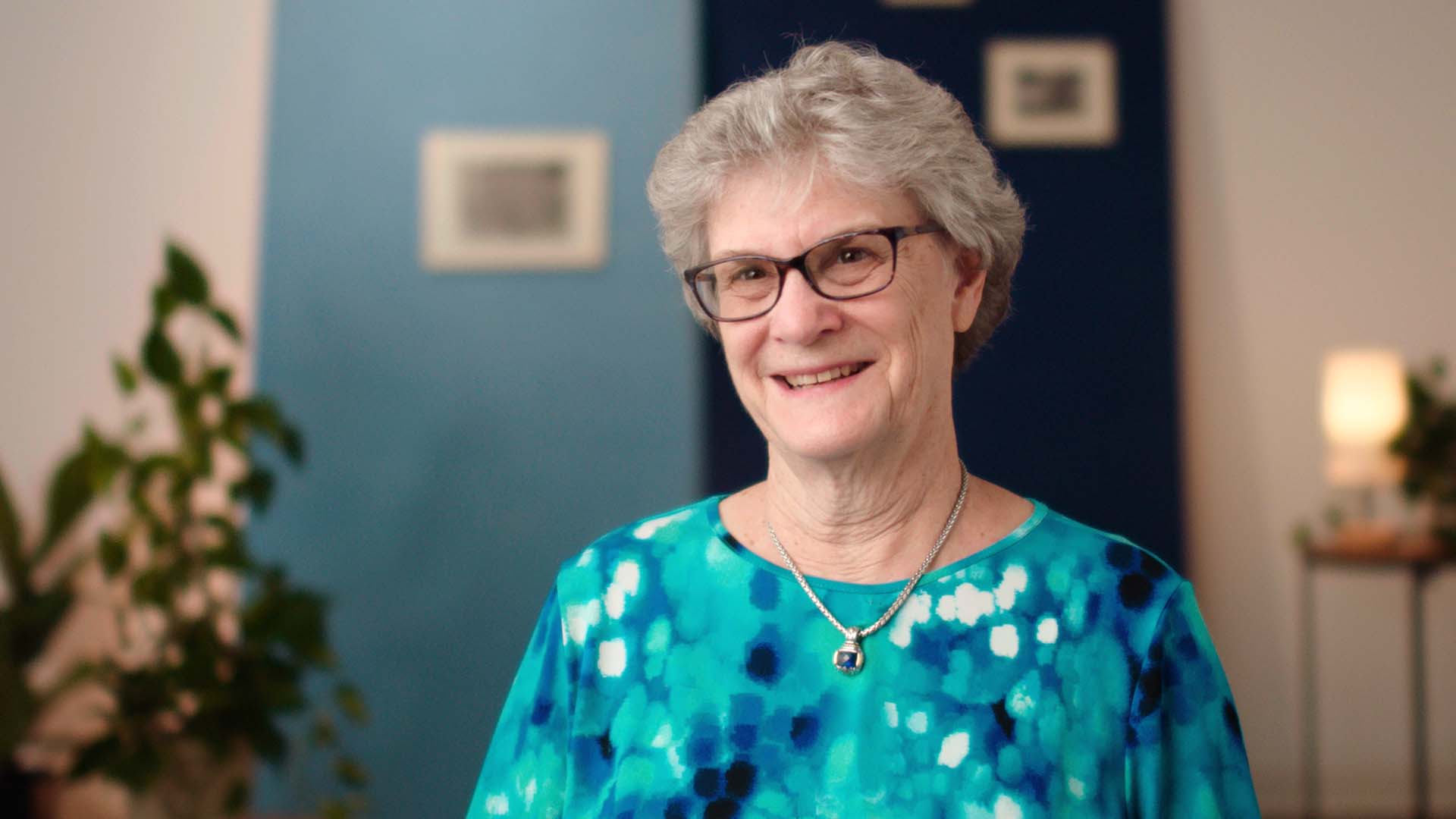
Rhode Island’s voice for the voiceless
When someone receives an award named in honor of the revered, late U.S. Senator John Chafee as Linda Katz has this week, you know they’re a powerhouse for good. Chafee, who is likely best known for his work in the Senate, was also a Marine, a Secretary of the Navy, and Rhode Island’s 66th Governor.
During our 95th Annual Celebration on October 26, Linda, the policy director and co-founder of the Economic Progress Institute, added recipient of the John H. Chafee LIVE UNITED Award to her moniker.
The award honors a community-minded individual who’s worked to make our state a better place through many years of dedication and action on behalf of Rhode Islanders. Like Chafee, Linda has helped to transform lives, focusing on issues that span education for all, affordable housing and homelessness, and workforce development.
"Any list that captures Rhode Island’s most influential and difference-making advocates has to begin with Linda Katz," says Cortney Nicolato, United Way of Rhode Island’s president and CEO. "For decades, she’s taken the lead on legislative and policy analysis around issues that have improved the economic wellbeing of near countless local families."
A champion for social and economic justice, Linda was instrumental in moving Rhode Island’s minimum wage from $10.10 per hour to $15 an hour, and increasing the Earned Income Tax Credit. Recently, she led a two-year campaign to raise benefits for families enrolled in the RI Works program, including allowing 18-year-old dependent children to continue eligibility for RI Works as long as they’re in high school or getting a GED. In the area of healthcare access, she leads the Protect Our Healthcare Coalition, maintaining the position of dental insurance supports for low-income Rhode Islanders and holding the state to its commitment of a balanced healthcare system, regardless of what happens with the federal Affordable Care Act.
"I’ve been doing this work for a long time, and I do it because I love it," says Linda. "And while there has been success in helping very low-income families, there is still more for us to do."
